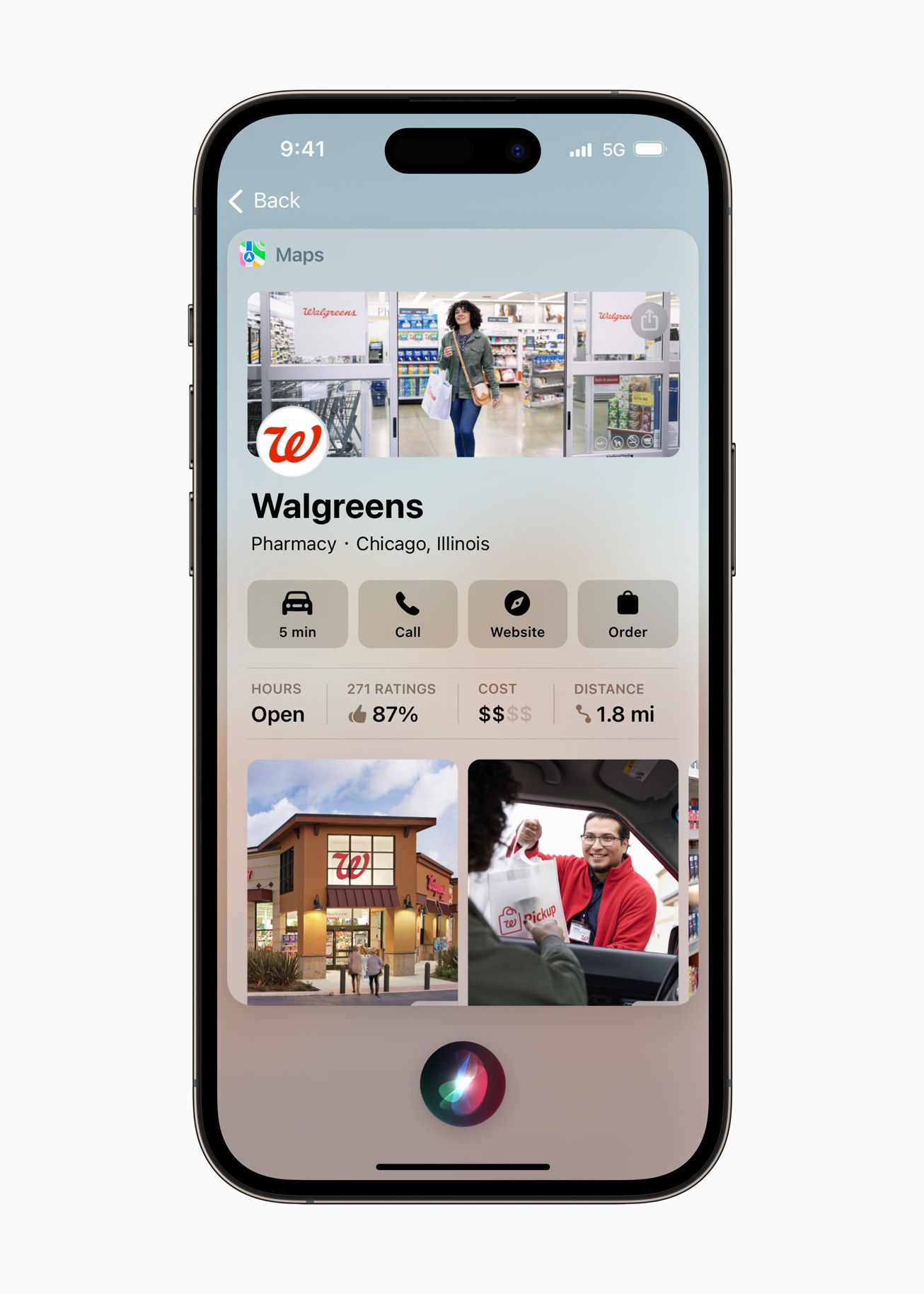Should You Invest in Apple Business Connect?
Apple Business Connect now offers insights into traffic and conversions. In some categories it will outpace both Facebook and Yelp as a source for conversions & new business.

Last time I checked in on this topic we agreed that Apple Maps has a long way to go. If there's now a benefit to adding more to an Apple Maps listing then maybe it's worth putting energy into it. Last time I checked Apple was not a search engine so there's no ranking benefit.
I was recently asked this question by Jeffrey Magner of Bighorn Local SEO in Portland.
